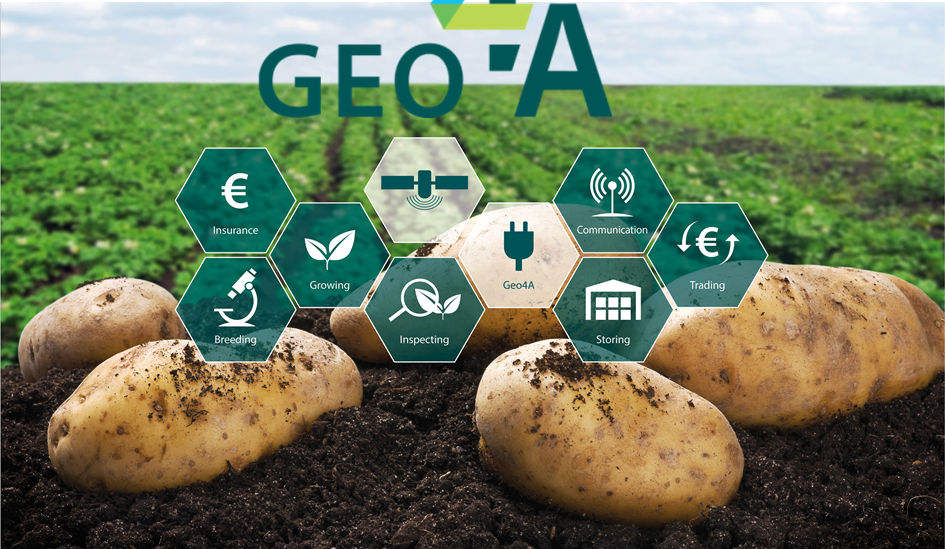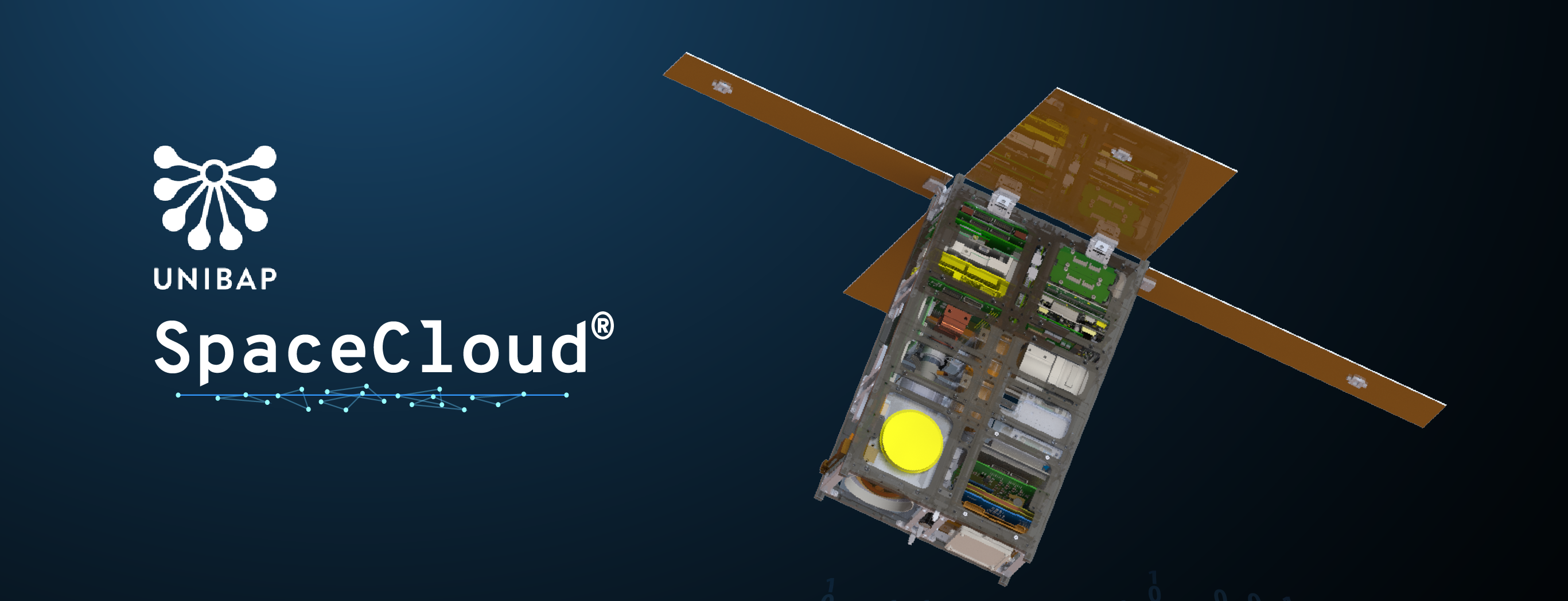GeoVille and partners are the first companies to successfully complete an activity under ESA’s InCubed programme. The Austrian company has developed a new service for the agricultural sector together with partners from Austria (EODC) and the Netherlands (Hermess and Hilbrandslaboratorium B.V).
The agricultural sector is facing major challenges and opportunities, such as climate change, the steadily growing need for food and the implementation of the European “Green Deal Agenda”. Objective and timely information for decision-making is therefore becoming more and more essential.
GeoVille, a company from Austria specialised in the use of Earth Observation (EO) data, has now developed the new EO-PLUGIN service with partners that precisely addresses these aspects. This service is based on optical and radar data from Copernicus’ Sentinel-1 and Sentinel-2 satellites.
EO-PLUGIN elaborates this information and enables the agro-food industry to integrate it into their work processes in simple steps. The system offers a range of initial customer-oriented services. These include quantification of plant growth, meteorological data and derived statistics, determination of soil moisture, risk assessment for potato diseases, classification of crop types, and yield estimations and forecasting.
GeoVille was co-funded by the Austrian Research Promotion Agency (FFG) and the market-oriented ESA programme InCubed (Investing in Industrial Innovation). ESA provides funds to co-fund market-driven and innovative industry-led activities. InCubed supports companies in the commercialisation of EO focused technologies and services.
The EO PLUG-IN system was first tested by a specially spun out subsidiary called Geo4A, which focuses specifically on services for the agricultural sector. The specialised company was able to build up a strong position in the potato sector within two years.
So far, the activity shows how EO satellite data can be integrated into operational processes to actively support the agro-food value chain. This approach represents a blueprint for the entire EO sector.
The activity was concluded this year following the final review meeting on 1 December 2020.
David Kolitzus, Project Manager of EO PLUG-IN, adds: ‘’The commitment to bring EO based information solutions into the agro-food sector still holds up. The InCubed programme enabled us a quick and innovative market entry through financial and technical support. The primary market is currently the potato sector in the Netherlands. The topics range from reducing losses during breeding and logistics, through control capacities for production and trade, to develop new markets. EO PLUG-IN closes the gap between EO and the agro-food sector and supports public and private actors along the entire global potato value chain.’’
To know more about:

